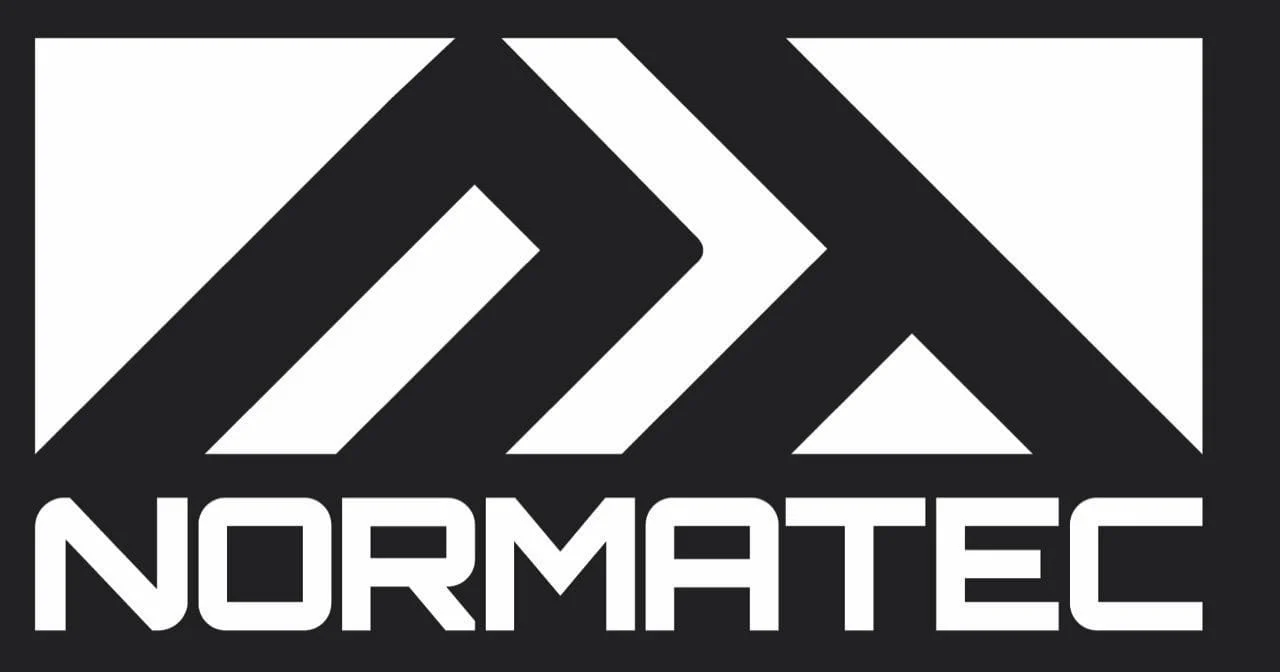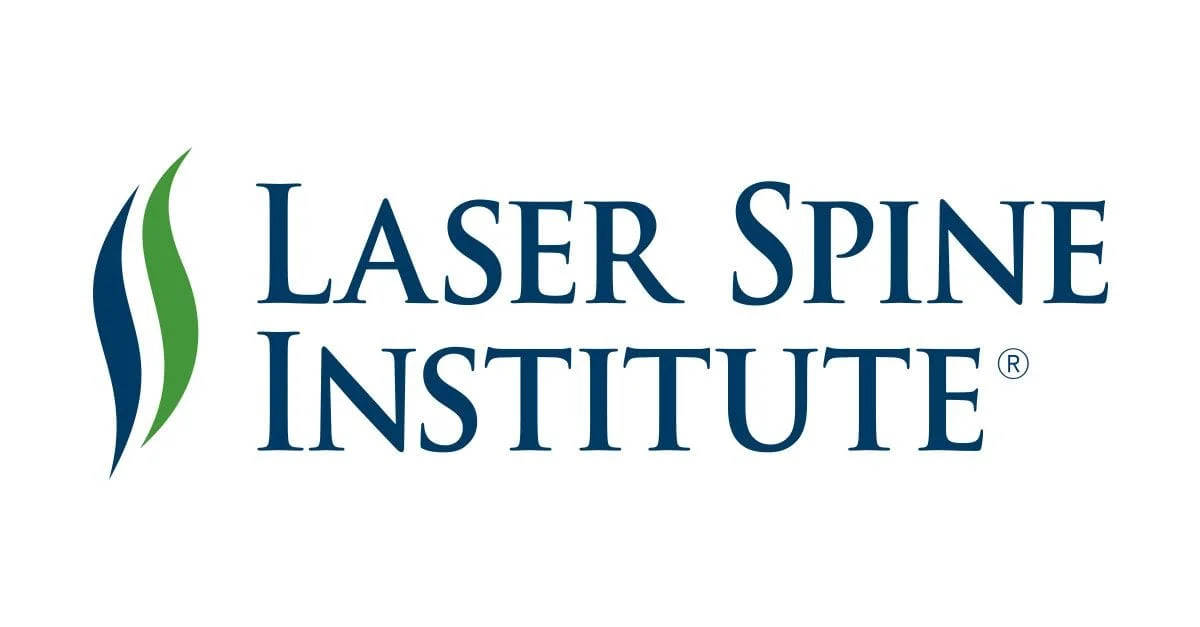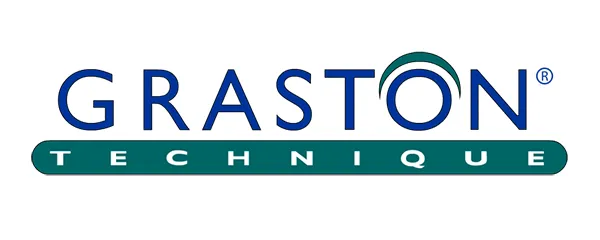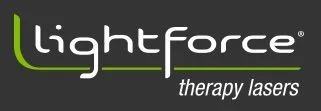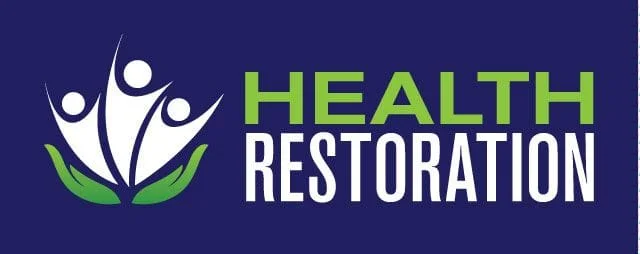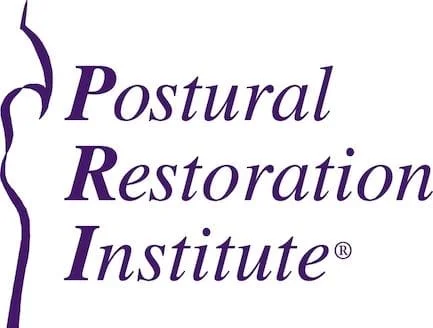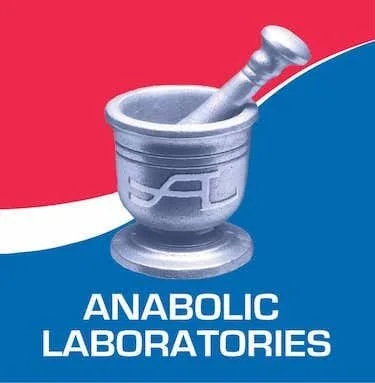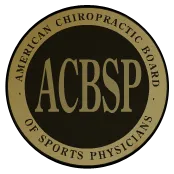COUNCIL ON CHIROPRACTIC
PHYSIOLOGICAL THERAPEUTICS AND REHABILITATION
OF THE AMERICAN CHIROPRACTIC ASSOCIATION
CONSTITUTION AND BYLAWS
ARTICLE I NAME
- This organization shall be known as the Council on Chiropractic Physiologic Therapeutics and Rehabilitation of the American Chiropractic Association Inc. and shall be abbreviated as CCPTR-ACA herein after referred to as the Council.
- Definition: The CCPTR-ACA is a professional, not-for-profit association comprised of individual members with varying philosophies and operates by democratic rule of majority of its members, through officials elected by their peers. The primary function of the Council is to provide its membership educational programs in physiologic therapeutics and rehabilitation when possible, and to promote and support the same specific specialty of its members within their community whenever possible. The CCPTR-ACA is affiliated with the American Chiropractic Association (ACA) as a specialty council. As such, the CCPTR-ACA operates under the bylaws of the ACA in addition to its own bylaws, which have been developed to correspond with those of the ACA.
ARTICLE II OBJECTIVES
The objectives of this Council shall be:
- To advance in every way, the prevention, evaluation, assessment, chiropractic management and rehabilitation of injuries by the chiropractic profession.
- To protect the professional welfare and interest of the members of this Council in every way.
- To assist in the promulgation of the science of chiropractic as a healing art.
- To maintain and encourage the highest standards and morals of practice in our profession.
- To promote scientific research directly related to all aspects of physiologic therapeutics and rehabilitation with particular attention directed towards chiropractic and multi- disciplinary network approach.
- To correlate and disseminate information on physiologic therapeutics and rehabilitation to the profession and to members of this Council.
- To advance chiropractic physiologic therapeutic and rehabilitation by means of education, research, and public relation.
- To encourage and promote inter-professional and ethical relations with other organizations and their members.
- To develop a standard terminology in chiropractic therapeutic physiologic and rehabilitation.
- To co-operate with the ACA board of governors, officers, and all councils and departments.
- To encourage the teaching of chiropractic physiologic therapeutic and rehabilitation at the undergraduate and post-doctorate levels.
- To sponsor seminars and post-doctorate study through an accredited chiropractic college approved by an accrediting agency recognized by the U. S. Department of Education or an agency having a reciprocal agreement with the recognized agency.
- To encourage educational dialogue with other councils of the American Chiropractic Association.
- The Council recognizes the American Chiropractic Rehabilitation Board (ACRB) as the certification body for chiropractic rehabilitation.
ARTICLE III MEMBERSHIP
- Any chiropractor who meets the licensure requirements of their state and is a member of the ACA in good standing, may be accepted for membership in this Council upon approval by the Committee on Quality Assurance.
- Applications. Application for membership shall be on a form furnished by the Council.
- The Secretary shall issue to each member a certificate of membership, and a copy of the Constitution and Bylaws to each applicant that has been approved for membership.
- Types of Membership:
- ACTIVE MEMBERSHIP: Upon receipt of an application, properly filled out with proper fee and recommendations, the Secretary-Treasurer shall record said membership and that member shall be entitled to all rights and privileges accorded any other active member.
- LIFE MEMBERSHIP: Any chiropractic doctor who has rendered any special service to the cause of chiropractic, especially in the field of chiropractic physiologic therapeutic and rehabilitation may be a life member. This is upon the recommendation of the Executive Committee and by a majority vote of the members present at the annual meeting. Life members shall enjoy all the rights and privileges of an active member, but shall be exempt from all dues and assessments.
- SUPPORTING MEMBERSHIP: Any non-chiropractor engaged in rehabilitation activity may become a supporting member of this Council by process of application and approval of the Executive Committee. Supporting membership shall not have the right to vote or hold office. ACA membership is not required of a supporting member. Supporting membership dues shall be set by the Executive Committee.
- STUDENT MEMBER: A chiropractic college student who is a student member of the ACA in good standing shall be eligible for student membership in the Council, but may not vote or hold elected office.
- HONORARY MEMBERSHIP: Any person or organization who has rendered any special service to the cause of chiropractic, the field of chiropractic physiologic therapeutic and rehabilitation, and the Council may be an honorary member. This is upon recommendation of the Executive Committee and by a majority vote of the members present at the annual meeting. Honorary members shall not have the right to vote or hold office but shall be exempt from all dues and assessments.
- Dues: The annual dues for the Council shall be determined by the majority vote of the Executive Committee. If a member fails to pay dues sixty (60) days after said notice, he shall be suspended from membership without further notice. Re-instatement may be made by application.
- A MEMBER IN “GOOD STANDING” is defined as having met their financial, moral, ethical, and education obligations to this Council, as outlined in the said Bylaws.
- Conduct of Members: Conduct of members of this Council must be in agreement with the standards, Rules and Regulations as outlined in Article IV, and the ACA Rules and Regulations.
ARTICLE IV STANDARDS, RULES AND REGULATIONS
Membership in the Council on Physiologic Therapeutic and Rehabilitation is not a right, but a privilege. Therefore, it is the duty of a member to conduct themselves at all times according to those accepted ethical and moral standards. They must maintain and improve their professional knowledge by attending educational seminars, and improving and maintaining their professional image.
ARTICLE V MEETINGS
- Annual Meeting: An annual meeting of the membership of the Council may take place at the Annual Meeting of the ACA or as to be determined by the Executive Committee.
- Notice of Annual Meeting: The Secretary-Treasurer shall mail to each member a written notice of the meeting at least 30 days prior to the said annual meeting.
- Special Meeting of Members: A special meeting of the members may be called by the President, a majority of the Executive Committee, or may be called by the Executive Committee upon written request of thirty percent (30%) of the members in good standing, and must specify in the written request the purpose for which they request the meeting. This notice of meeting must give the time, place, and purpose. No business not mentioned in the notice shall be conducted, unless the majority present at the meeting so desire to bring up any other business.
- Meeting of the Executive Committee: Regular meetings of the Executive Committee may be held at such time and place as deemed necessary by the Executive Committee, or such time and place designated by the President of the Council.
- Special Meetings of the Executive Committee: Special meetings of the Executive Committee may be called by the President or a majority of the members of the Executive Committee after giving due notice to each member of the Executive Committee.
- Fiscal Year: The fiscal year of the Council shall be October 1st to September 30th of the following year.
ARTICLE VI QUORUM
- Ten (10) members, three (3) of whom are officers, in good standing, shall constitute a quorum at any regular or special meeting of the members of this Council.
- Quorum of the Executive Committee: A majority of the Executive Committee present shall constitute a quorum.
ARTICLE VII VOTING
- Each member has one (1) vote unless otherwise specified by the bylaws.
- At the discretion of the officers of the Council, when they feel it is in the best interest of the Council, the election of the officers will be by ballot at the annual meeting or by mail ballot. If the election is by mail ballot, the ballot will be mailed to each member forty-five (45) days prior to the annual meeting, and all the ballots MUST be returned thirty (30) days prior to the meeting. All ballots returned after that date will not be counted. Only members in good standing are permitted to vote.
ARTICLE VIII OFFICERS
- The officers of this Council shall be: President, Vice-President, Secretary, Treasurer, Immediate Past-President and two (2) advisors, and shall constitute the Executive Committee. Except for the office of President, Council members desiring to run for an officer position must be a member in good standing in the Council for a minimum of two (2) years prior to election and must have served on a council committee, or as a state representative for at least two (2) years. In order to run for the office of President, a Council member must have met the above requirements and must have served a minimum of two (2) years on the Executive Committee. Advisors may be appointed by the newly elected President, with the approval of the Executive Committee. Advisors shall have no vote in Executive Committee meetings. Advisors may serve a term of one (1) year and may serve an unlimited number of terms, with the approval of the Executive Committee. Advisors may be selected from the Council members who have either/or:
- Expertise in the area of chiropractic physiologic therapeutic and rehabilitation.
- Previously served on the Executive Committee.
- Term of Office:
- The President, Vice-President, Secretary, and Treasurer shall be elected for a term of
two (2) years or until their successors have been duly elected.
- The President, Vice-President, Secretary, and Treasurer shall be elected for a term of
- Nominations and Elections: Nominations for the officers shall be made by the nominating committee and from the floor at the annual meeting, if mail balloting is not used. The officers elected shall take office at the commencement of the next fiscal year after which they were elected or at the Annual Meeting at which they were elected, whichever comes first. The election shalltake place at the annual meeting. The nominating committee shall file a report with the secretary sixty (60) days prior to the annual meeting, and this report will be mailed to all members in good standing thirty (30) days before the meeting.
- President: The President shall be the chief executive officer of this Council. He shall preside over all meetings of the members and the Executive Committee. He shall be an ex-official member of all committees and shall have the general powers and duties of supervision and management usually vested in the office of the President of the Council. He shall name and appoint all committees with the approval of the Executive Committee.
- Vice-President: The Vice-President shall take over in the absence of the President and act as membership chairman. In addition, shall carry out all other duties given to him by the President and the Executive Committee. He shall act as program chairman and carry out any other duties
forwarded to him by the President and the Executive Committee. - The Secretary-Treasurer [updated] shall assist in the editing of written materials and publications. He shall be responsible for producing an annual report on Council activities. He shall also serve as the historian for the Council. He shall serve as the chairman of the Finance Committee. He shall be responsible for reviewing the annual budget and all financial reports. He shall be bonded and the fee to be paid by the Council. He may use the committees for history, budget and finances as
appointed by the President. These committees must be approved by the Executive Committee of Council. The Secretary-Treasurer shall keep in the books of the Council, a record of all approved motions at meetings and shall keep records of all minutes of all Executive Committee meetings and general membership meetings. The Secretary-Treasurer shall conduct the correspondence of the Council and keep records of such correspondence. - Executive Committee: The Executive Committee shall have the full power between meetings of the Council, except to legislate or change the Bylaws of this Council, and shall authorize or supervise the purchase of all books, and other supplies for the use of the Council and its officers. The Executive Committee shall have the power to hire and fire employees and to enter into contracts not to exceed the current balance of the treasury. The Executive Committee shall cause all articles, which are published in the name of the council to be edited by qualified members of the Educational Committee.
- Vacancy. In the case of a vacancy, the Executive Committee shall appoint a member in good standing to fill the unexpired term, until the next meeting.
- Unless otherwise provided, all officers and members of the committees shall hold office until their successors are elected or appointed.
- Each officer shall report the activities of his office to the other officers on a quarterly basis and quarterly reports shall be made to the ACA Board Liaison by the Council President.
ARTICLE IX DUTIES OF THE COUNCIL TO THE ACA
- The ACA House of Delegates is the legislative body of the ACA and determines specific ACA policies, aims and purposes. ACA Council on Chiropractic Physiological Therapeutics and Rehabilitation functions as a subordinate arm of the ACA, operating only within its specific delegated field. The Council must act pursuant to and in conformity with ACA policy.
- The Council shall not act on a major issue on which ACA policy has not been adopted, until an applicable ACA policy has been adopted. The ACA President with the approval of the ACA Board of Governors, may authorize the Council to act in the interim, in the absence of ACA policy and set forth the conditions under which such action may occur. This may occur when the Council President presents a written application to the ACA President stating why it is necessary and desirable to act in the absence of ACA policy, and setting forth in detail the proposed policy.
- The Council shall submit an annual report of Council activities to the ACA prior to the Annual ACA Meeting per ACA Bylaws.
- The Council shall submit a complete list of Council officers, and members and their status to the ACA annually.
- The Council shall submit a complete set of Council Bylaws biennially, except when amendments are approved by the House of Delegates. Then, the Council shall submit a complete updated set of bylaws within sixty (60) days of the close of the annual ACA meeting.
- The Council shall have an accountant’s review or report conducted through the ACA home office on its finances, including income and expenses, on an annual basis, prior to the mid-winter ACA Board of Governors meeting.
- The Council shall place a disclaimer on all published materials.
ARTICLE X COMMITTEES
- All committees shall be appointed by the President with the approval of the Executive Committee, except as otherwise provided by these Bylaws.
- Committee on Quality Assurance: This committee shall follow the Code of Ethics of the ACA and Article IV of these Bylaws. The Committee shall also hear such questions of breach of ethics and unprofessional conduct as may be submitted to it in writing and to recommend to the Executive Committee the action to be taken.
- Membership Committee: This committee shall promote the membership of this council. The chairman may be the Vice-President or an appointed member.
- Educational Committee: This shall consist of well-qualified members or persons appointed by the Executive Committee. This committee shall review all articles submitted by members for publication for content, accuracy, etc.
- Nominating Committee: This committee shall have as its chairman the immediate past president, and two (2) other members. Its function is that of selecting a slate of candidates for the annual meeting, for each of the offices to be elected.
- Finance Committee: This committee shall audit the books of the Council and report back to the members its findings.
- Public Relations Committee: This committee shall promote this Council through ethical public relations, in cooperation with the ACA.
- Research Committee: This committee shall promote and aid in the research of chiropractic physiologic therapeutics and rehabilitation in cooperation with the councils of the ACA and FCER.
- Bylaws Committee: This committee shall be responsible for maintaining the Bylaws for the Council and submitting proposed bylaw changes to Council membership and to the ACA in a timely manner for approval and ratification.
- Convention Committee: This committee along with the Secretary-Treasurer, shall be responsible for organizing the annual meeting.
- Network Committee: This committee in conjunction with the Executive Committee shall be responsible for overseeing the future plans of the Council.
- The Gavel Club: The Gavel Club shall be responsible for long-term planning and shall be made up of the past presidents of the Council.
- All committees shall consist of not less than three (3) members and all committees shall be duly bound to give a written report sixty (60) days prior to the annual meeting.
ARTICLE XI REIMBURSEMENTS
- Reimbursements: All officers shall be entitled to be reimbursed for expenditures authorized in carrying out the duties of their office. All Executive Committee members’ expenses shall be reimbursed for authorized expenses only upon submission of receipts and expense reports. Any trips or expenses not previously approved by the Executive Committee must be submitted to the Executive Committee for approval.
- No officer shall be entitled to reimbursement by the Council if he is, in any other capacity, entitled to reimbursement by the ACA.
ARTICLE XII ORDER OF BUSINESS
The order of business may be that as outlined in Robert’s Rules of Order, newly revised, current edition or as outlined by the Executive committee.
ARTICLE XIII DISTRICT DIRECTORS
The Executive Committee may appoint directors in various areas of the country to assist in its work.
ARTICLE XIV AMENDMENTS
- These bylaws may be amended by a two-thirds (2/3) vote of the members at a regular or special meeting called for that purpose, providing that all proposed amendments shall have been filed with the Secretary-Treasurer at least sixty (60) days prior to the date of such meeting.
- The Secretary-Treasurer shall have mailed a copy thereof to each member of the Council in good standing at least thirty (30) days prior to said meeting.
- Amendments are not in effect until approved by the ACA House of Delegates.
ARTICLE XV PARLIAMENTARY AUTHORITY
- Robert’s Rules of Order, Newly Revised, Current Edition, shall apply to all of the meetings of this Council and to all questions of procedure and parliamentary law not specified in these bylaws.
- Nothing in the Bylaws is intended to conflict with the Articles of Incorporation or Bylaws of the ACA which takes precedence.
- Nothing in these Bylaws is intended to conflict with the Articles of Incorporation or Bylaws of the ACA which takes precedence.
ARTICLE XVII AMERICAN COLLEGE OF CHIROPRACTIC REHABILITATION
To maintain a College, which will be governed by its own Bylaws which will not be in conflict with the Council bylaws or those rules and regulations set forth by the ACA. The College shall aid in providing
guidelines for the American Chiropractic Rehabilitation Board (ACRB).
Resolution
WHEREAS, the Council on Chiropractic Physiological Therapeutics and Rehabilitation of the American Chiropractic Association established the American Chiropractic Rehabilitation Board (ACRB) to function as a certification agency for chiropractic rehabilitation and to certify applicants as Diplomates of the American Chiropractic Rehabilitation Board (DACRB), and
WHEREAS, the ACRB has established itself as the premier certification agency for the chiropractic profession in the field of chiropractic rehabilitation, and
WHEREAS, the Council and the ACRB have recognized that to further pursue the goal of quality certification under the standards of the National Organization for Competency Assurance (NOCA), the Board and Council should implement the separation and complete autonomy of the ACRB, and
WHEREAS, it is the intention of the Council to continue to recognize the important function of the ACRB as an autonomous and independent entity, Be it therefore,
RESOLVED, that the American Chiropractic Association and the ACA Council on Chiropractic Physiologic Therapeutics and Rehabilitation recognize the American Chiropractic Rehabilitation Board as the pre-eminent certifying agency for chiropractors in the field of chiropractic rehabilitation, and be it further
RESOLVED, that the American Chiropractic Association and the ACA Council on Chiropractic Physiologic Therapeutics and Rehabilitation will accept and recognize the certification designation of DACRB, as an acceptable and appropriate designation for certification purposes, and be it further
RESOLVED, that the ACA Secretary will distribute a copy of this Resolution to all state chiropractic licensing boards, and any other entity that may require concerning ACA recognition of Diplomate and/or certified designations.
ARTICLE XVIII ESTABLISHMENT OF A COLLEGE
In accordance with its objective to promote scientific research directly related to all aspects
of physiologic therapeutics and rehabilitation with particular attention directed towards
chiropractic and multi- disciplinary network approach, the ACA Rehab Council
may, upon a two-thirds (2/3) majority vote of the members at a regular or special meeting
called for that purpose, establish a College which will be governed by its own Bylaws and
approved by the HOD which will not be in conflict with the Rehab Council Bylaws or those
rules and regulations set forth by the ACA, and which will consist of a group of
chiropractic doctors with a specific academic and clinical focus that can be viewed as
complementary to the specialty of rehabilitation. The College shall aid in providing
scientific, academic and clinical guidance and research to the ACA Rehabilitation Council
complementary to the field of rehabilitation.
ARTICLE XIX FISCAL YEAR
The fiscal year of ACA Rehabiliation Council shall begin on April 1st and end on March 31st of the following year




